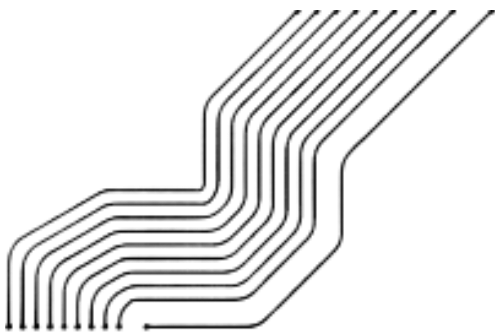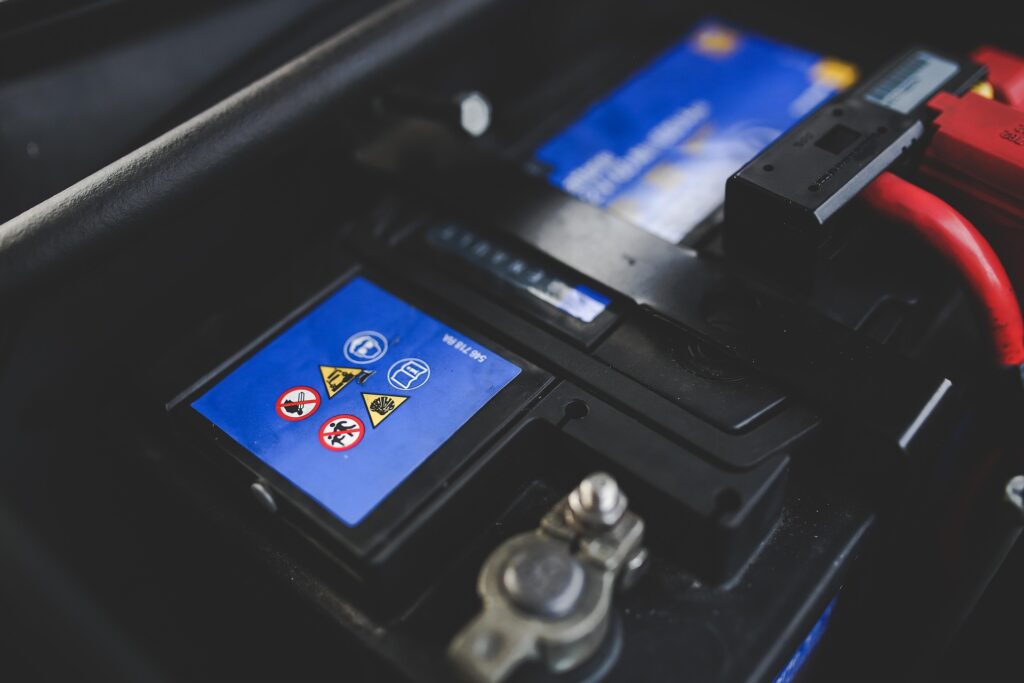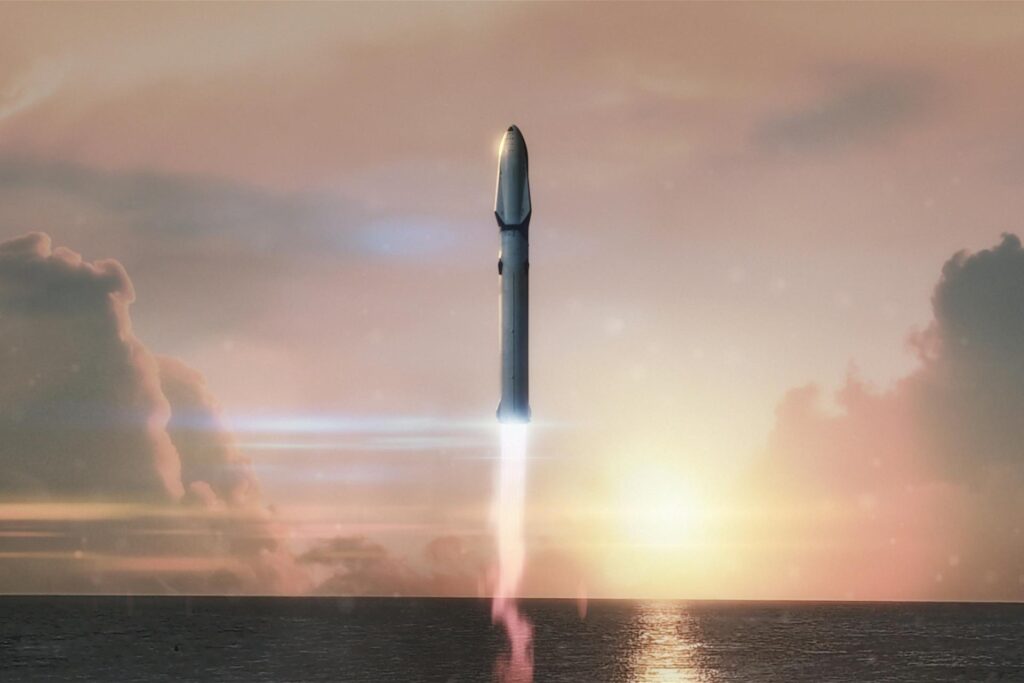Introduction
Technology is rapidly changing how we approach sustainability. One of the most exciting breakthroughs in energy technology involves solar panels made from recycled food waste. This development not only revolutionizes energy generation but also addresses global issues like food waste and energy scarcity. In this article, we will explore how these panels work, the benefits they bring, and why they are set to change the energy landscape for the better.
The Breakthrough: Solar Panels Made from Food Waste
Carvey Ehren Maigue, an electrical engineering student from Mapúa University in the Philippines, introduced a groundbreaking solar panel system called AuREUS (Aurora Renewable Energy and UV Sequestration). These innovative panels use recycled food waste, particularly discarded fruits and vegetables. What sets AuREUS apart is its ability to capture ultraviolet (UV) light, enabling it to generate energy even without direct sunlight.
Traditional solar panels rely on sunlight to produce electricity, but AuREUS panels can harness UV light, allowing them to work on cloudy days or even at night. By capturing UV rays, the panels convert them into visible light, which then transforms into electrical power. This breakthrough could mark the beginning of a new era for solar energy.
How the Technology Works
AuREUS panels use food waste to create a specialized material that absorbs and stores UV energy. The process begins by extracting compounds found in fruits and vegetables. Engineers then process these compounds into an energy-generating material capable of capturing UV light. Once the material absorbs UV light, it re-emits the energy as visible light, which the system captures and converts into electrical power.
This process works similarly to traditional solar panels but with a key difference: AuREUS panels do not need direct sunlight to function. They can operate under overcast skies or in areas with limited sunlight, making them more efficient and adaptable to different climates. This feature makes the technology a reliable energy source even in challenging conditions.
The Role of Food Waste in Sustainability
AuREUS technology tackles two global challenges: food waste and energy shortages. Food waste is a major issue worldwide. According to the Food and Agriculture Organization (FAO), nearly one-third of all food produced globally goes to waste. This waste not only squanders valuable resources but also generates harmful greenhouse gas emissions when food decomposes in landfills.
By repurposing food waste into energy-generating materials, AuREUS panels provide an eco-friendly solution to both problems. They reduce the amount of waste sent to landfills while generating clean energy. This sustainable approach aligns with the circular economy, where waste materials become valuable resources, benefiting both the environment and society.
The Benefits of Recycled Food Waste Solar Panels
Several compelling reasons support embracing solar panels made from recycled food waste. Here are the key advantages:
- Eco-Friendly Energy: These panels use renewable, biodegradable materials, making them an environmentally friendly energy source. They offer an alternative to traditional, polluting energy methods.
- Reduction of Food Waste: By repurposing discarded produce, the panels help reduce food waste. This prevents waste from ending up in landfills and addresses the environmental impacts of food disposal.
- Sustainability: AuREUS technology promotes the circular economy by turning food waste into a valuable energy resource. This sustainable practice helps close the loop on waste and energy use.
- Affordability: The raw materials for producing these panels are inexpensive and readily available. This makes the technology an affordable long-term solution for generating energy.
- Reduced Carbon Footprint: By using food waste to generate energy, AuREUS panels reduce reliance on fossil fuels, lowering global carbon emissions and helping combat climate change.
These benefits make AuREUS panels a powerful and innovative tool for creating a more sustainable future.
Real-World Applications and Potential Impact
AuREUS technology is not just theoretical; it has real-world applications that could revolutionize the energy sector. The panels can be installed in a variety of locations, such as windows and walls of buildings, turning unused surfaces into energy-producing areas. This allows energy generation in urban environments where space for traditional solar panels is limited.
The potential uses of AuREUS panels extend beyond residential and commercial buildings. For instance, the panels could integrate into the transportation sector to power electric vehicles. This would make transportation more sustainable by reducing dependence on non-renewable energy sources. As the technology evolves, AuREUS panels could find applications in various industries, further expanding their impact on energy production.
Additionally, AuREUS panels could benefit countries with unreliable or limited access to electricity. By providing a flexible, reliable energy solution, this technology could increase energy access and improve the quality of life for millions of people. Whether for residential, commercial, or industrial use, AuREUS panels could transform how we think about energy generation.
The Future of Solar Energy and Sustainability
The introduction of solar panels made from recycled food waste represents a major step toward sustainable energy solutions. As research and technology continue to advance, we can expect even more innovations that combine renewable energy with eco-friendly practices. Reducing food waste, improving energy efficiency, and addressing climate change are critical challenges, and innovations like AuREUS are playing a vital role in solving them.
Carvey Ehren Maigue’s invention has already earned significant recognition, including the James Dyson Sustainability Award in 2020. This recognition highlights the importance of the innovation and signals growing interest in renewable energy solutions. AuREUS panels could be just the beginning of a new era of sustainable energy technologies.
Looking ahead, we could see a future where solar panels made from food waste are common in homes, businesses, and public infrastructure. As production methods improve and the technology becomes more widespread, AuREUS panels could play a key role in addressing global energy needs while reducing waste. By turning food waste into a valuable resource, this technology offers a clear path toward a cleaner, more sustainable future.
Conclusion
Solar panels made from recycled food waste represent a revolutionary leap forward in sustainable energy production. These panels tackle the dual challenges of food waste and energy scarcity, offering a solution that benefits both the environment and society. By capturing UV light, AuREUS panels provide a powerful and innovative way to generate energy even in low-light conditions. As the world seeks to meet its growing energy demands, technologies like AuREUS are leading the way toward a cleaner, more sustainable future. Embracing this breakthrough could pave the way for a greener, more efficient energy landscape.
Frequently Asked Questions
- What are AuREUS solar panels made from?
AuREUS solar panels use recycled food waste, such as discarded fruits and vegetables. Engineers process these materials into an energy-generating substance capable of capturing UV light. - How do AuREUS solar panels work?
AuREUS panels absorb ultraviolet (UV) light, which they convert into visible light and then transform into electrical energy. Unlike traditional solar panels, AuREUS panels can generate energy without direct sunlight. - What makes AuREUS solar panels different from traditional solar panels?
The key difference is that AuREUS panels capture UV light, whereas traditional solar panels require direct sunlight. This makes AuREUS panels more versatile, allowing them to function in low-light conditions. - How can AuREUS technology help reduce food waste?
AuREUS technology repurposes discarded food, such as fruits and vegetables, to create energy-producing materials. This helps reduce food waste by turning it into a valuable resource. - Can AuREUS panels be used in commercial buildings?
Yes, AuREUS panels can be installed in commercial buildings, such as on windows and walls, to generate clean energy. Their adaptability makes them suitable for a variety of environments, including urban areas.
Related Video
Watch this video for more details.



